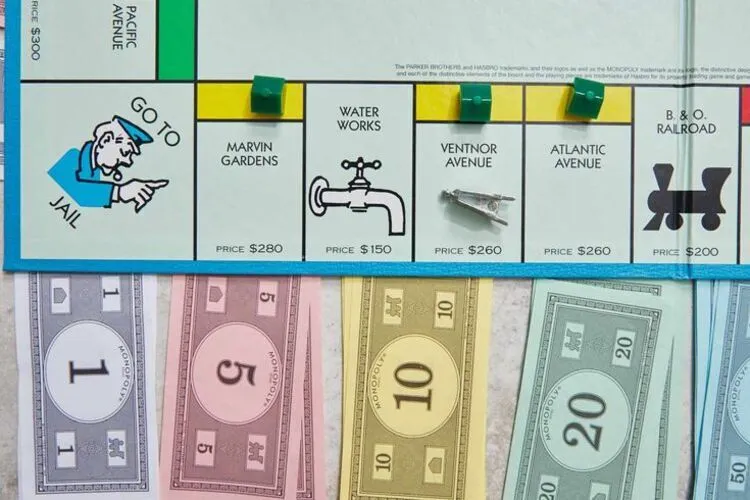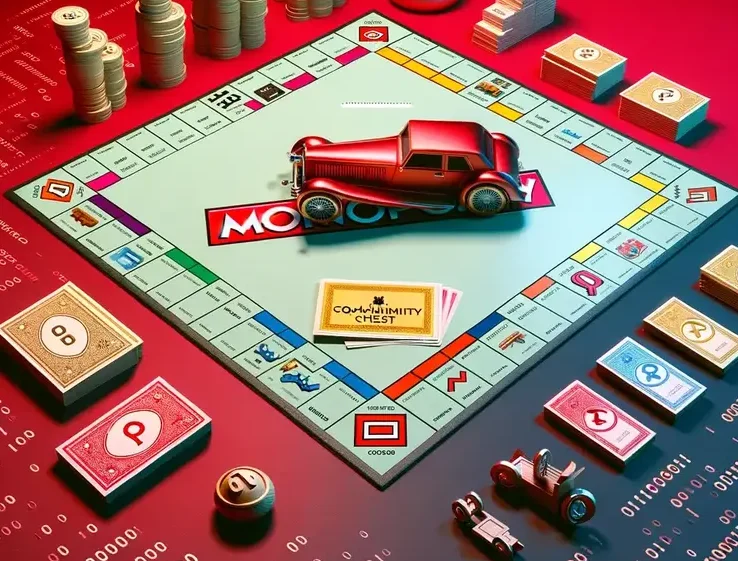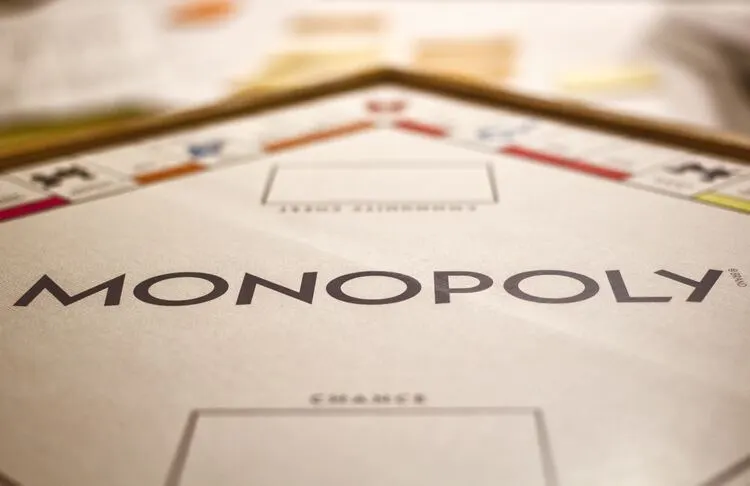Monopoly, a popular board game, relies on strategic maneuvering and auction rules for property tycoons. Understanding these rules is crucial for securing coveted properties and gaining a competitive edge. Auctions occur when players land on unclaimed properties, allowing all players to bid and win.
Monopoly Auction Rules
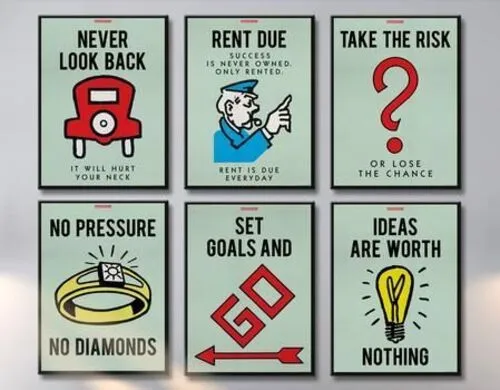
The Monopoly auction rules introduce a thrilling twist, turning a simple property transaction into a strategic battle of wits. When a player opts not to buy a property they land on, the property goes up for auction. Here’s how it unfolds:
Auctioneer Role
The player to the left of the one who declined the purchase becomes the auctioneer. This position rotates clockwise with each auction.
Minimum Bid
The auctioneer starts the bidding with a minimum bid, usually set at a reasonable fraction of the property’s face value. Bidders can then raise the bid in increments.
No Passing
Players must bid if they can; there’s no option to pass. This ensures active participation and adds an element of unpredictability.
Bankruptcy Escape Route
If a player cannot pay a debt during the auction, they can mortgage their properties or declare bankruptcy, allowing them to continue bidding.
Winner Takes All
The highest bidder secures the property and pays the winning bid to the bank. This player now becomes the proud owner of a potentially lucrative asset.
The Monopoly auction rules inject excitement, forcing players to think on their feet and strategize, enhancing the overall gaming experience.
Also Read How much money do you start with in Monopoly?
Monopoly Auction Rules Starting Price
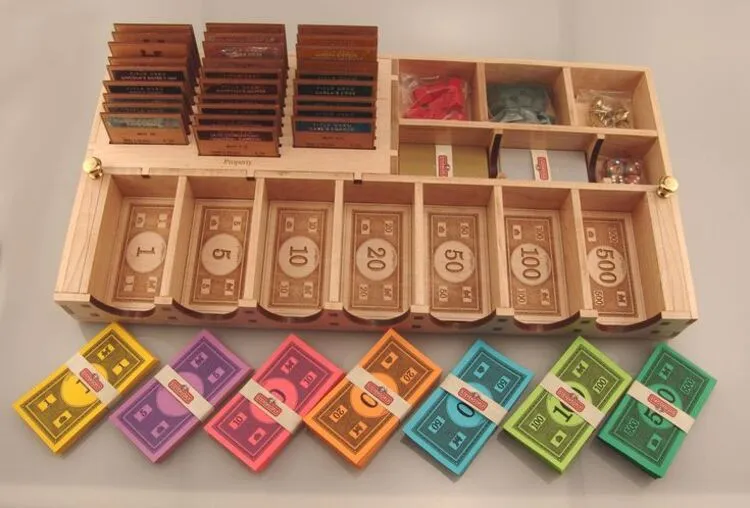
The starting price in a Monopoly auction sets the stage for an intense bidding war. The auctioneer kicks off the process by proposing a reasonable initial bid. This figure is typically set at 10% of the property’s face value, creating an enticing opportunity for players to jump in and compete.
The starting price serves multiple purposes:
Encourages Participation
A modest starting bid invites more players to join the auction, fostering competition and ensuring the property is uncontested.
Strategic Decision-Making
Players must weigh the property’s potential value against the starting bid. This strategic decision-making adds depth to the game.
Level Playing Field
The game maintains a level playing field by commencing with a reasonable starting price, allowing all participants a fair chance to acquire the property.
Navigating the Monopoly auction rules starting price is a delicate balance between seizing an opportunity and avoiding over commitment.
Also Read Who Invented Monopoly? | 5 Surprising Facts Unveiled!
Monopoly Mortgage Rules
Monopoly mortgage rules play a crucial role in the ebb and flow of the game, offering players a financial lifeline and strategic options during auctions.
Property as Collateral
If a player finds themselves short on cash during an auction, they can mortgage their owned properties to raise funds.
Temporary Relief
Mortgaging a property provides a quick financial boost, enabling a player to stay competitive in the auction without bowing out due to lack of funds.
Interest-Free Redemption
Players can later redeem mortgaged properties by paying the mortgage amount plus a 10% interest fee. This interest-free redemption period adds a layer of complexity to financial planning.
Monopoly mortgage rules inject a dynamic financial element into the game, allowing players to strategically navigate auctions and make bold moves to secure their path to victory.
Also Read Monopoly Companies | Unveiling Their Impact and Challenges
Bottom Line
In the dynamic realm of Monopoly, auction rules spice up the game, turning property transactions into strategic showdowns. The starting price sets the tone, inviting players to engage in a calculated bidding dance. Meanwhile, mortgage rules offer a financial escape route, adding depth to decision-making. Understanding these nuances is the key to triumph in the world of Monopoly.
10 Useful and Unique FAQs
Can I pass in a Monopoly auction?
No, all players must bid when given the opportunity. Passing is not an option.
How is the starting price determined in an auction?
The starting price is usually 10% of the property’s face value, enticing players to participate.
Can I mortgage a property during an auction?
Yes, mortgaging properties can raise funds and stay competitive in bidding.
What happens if I can’t pay my bid during an auction?
You can mortgage properties or declare bankruptcy, allowing you to continue bidding.
Is there a limit to the number of auctions in a game?
No, auctions can occur if players decline to purchase a property they land on.
Can I mortgage a property part of a Monopoly set?
Yes, any property, including those in a set, can be mortgaged to raise funds.
Do I have to mortgage properties I own if I’m short on cash?
Mortgaging is optional but can be a strategic move to increase your auction budget.
Can I redeem a mortgaged property later in the game?
Yes, you can redeem mortgaged properties by paying the mortgage amount plus a 10% interest fee.
What happens if two players bid the same amount in an auction?
In case of a tie, the auctioneer can choose the winning bidder or restart the auction.
Can I mortgage a property someone else wants to buy in an auction?
No, you cannot mortgage a property being auctioned. Mortgage rules only apply to owned properties.



